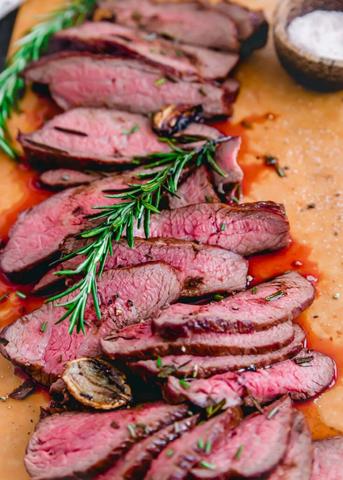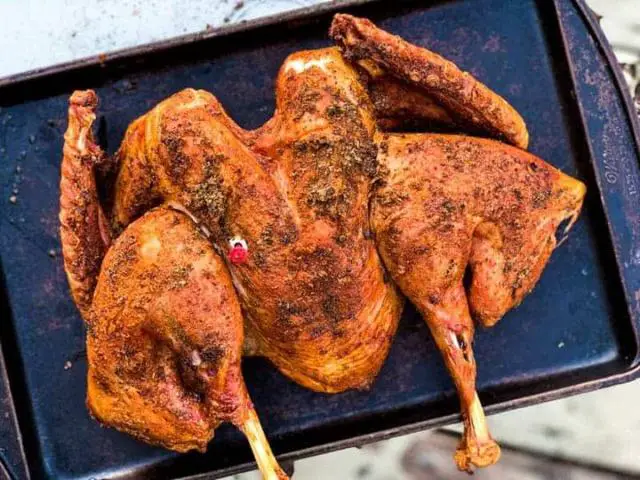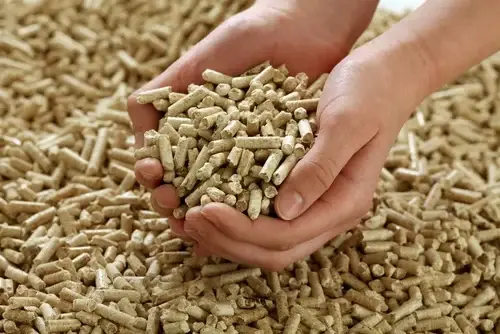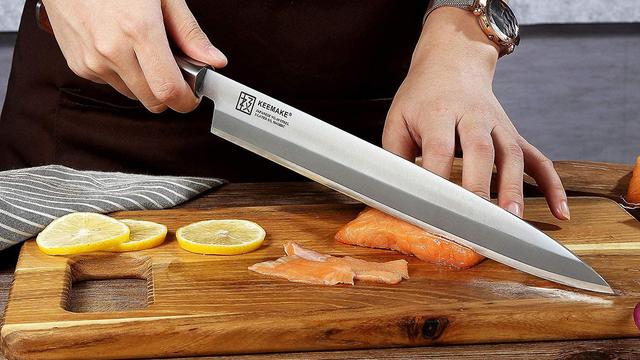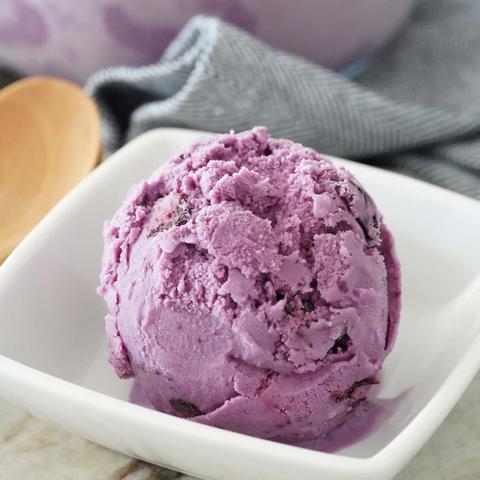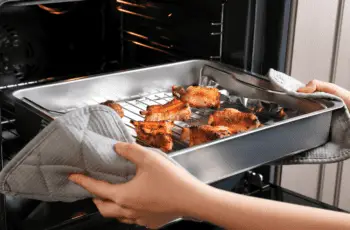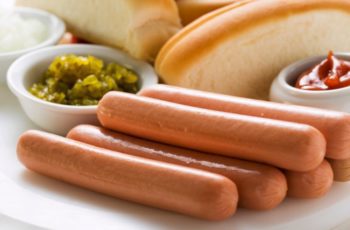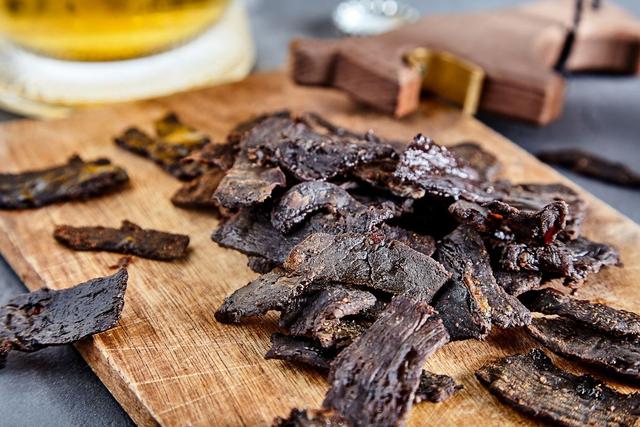
Looking to make delicious homemade beef jerky? Discover the perfect dehydration time for your meat at 145°F with our expert guide. Learn how to achieve that delectable texture and intense flavor in just a few simple steps. Let’s get started on your mouthwatering journey to savory snacking!
How Long to Dehydrate Beef Jerky: With Proof!

In the world of beef jerky, one of the most commonly asked questions is how long it takes to dehydrate the meat. However, there is no set time frame for this process as it can vary depending on various factors such as the type of protein used, thickness of the meat slices, and the efficiency of the dehydrator being used.
Based on my experience using a dehydrator, I have found that typical dehydration times for lean beef cut to 1/4″ thickness are around 3 hours. This is with a pre-heat treatment and dehydrating at a temperature of approximately 144F. After following this process for over 15 years, I can say that in most cases, it takes about 3 hours to dehydrate jerky.
I conducted an experiment where I sliced jerky to different thicknesses and dehydrated them. The results showed that thinner slices (1/8″) finished after 1 hour and 45 minutes, while thicker slices (1/2″) took 6 hours and 40 minutes to finish. Therefore, it is clear that thicker pieces take much longer to dehydrate. Thicker pieces also affect the texture and ease of chewing, storing, and packaging the jerky.
Average Drying Time for Beef Jerky?
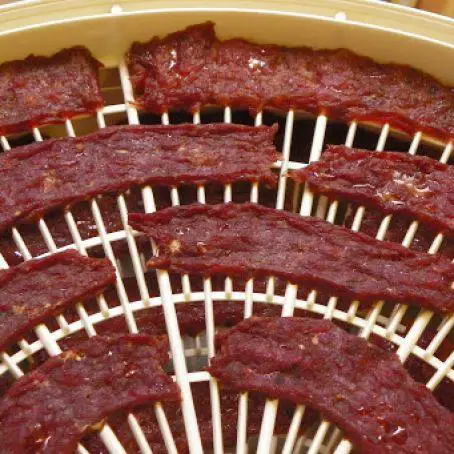
The average drying time for beef jerky can vary depending on several factors. These include the type of protein used, the thickness of the meat slices, and the efficiency of the dehydrator being used. In general, a typical dehydration time for lean beef cut to 1/4″ thick, using a pre-heat treatment, and dehydrating at around 144F is around 3 hours. However, it is important to note that this is just an average and drying times can differ.
The thickness of the beef jerky slices also plays a significant role in drying time. Thicker pieces take much longer to dehydrate compared to thinner ones. For example, 1/8″ thick slices may be finished after approximately 1 hour and 45 minutes, while 1/4″ thick slices may take around 2 hours and 53 minutes. Thicker pieces not only require more time to dehydrate but also affect the texture and ease of chewing, storing, and packaging the jerky.
The temperature at which you dehydrate your beef jerky also affects the drying time. It is recommended to pre-heat treat the jerky in an oven set to 325F-375F for about 10 minutes before transferring it to the dehydrator. The dehydrator should be set at around ~140F, which is typically what most commercial devices are capable of reaching. Going too high with the temperature can result in case hardening, where the outside becomes dry but the inside remains moist.
How Does Thickness Affect Drying Time?
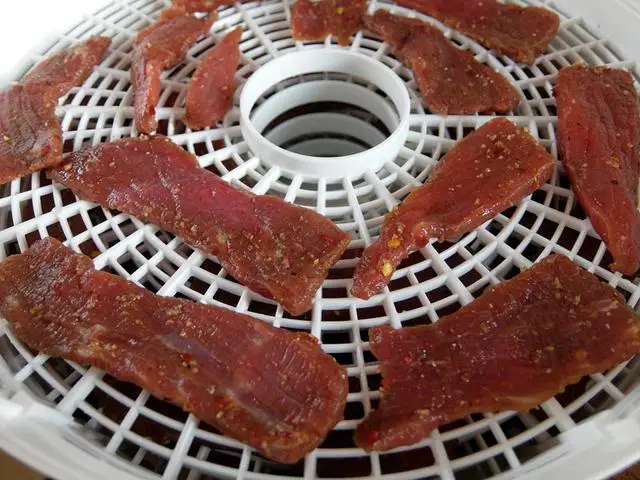
The thickness of beef jerky slices has a significant impact on the drying time. Thicker pieces of beef jerky take much longer to dehydrate compared to thinner slices. The author of the article conducted an experiment by slicing jerky to various thicknesses and recording the drying times. The 1/8″ thick slice finished after 1 hour and 45 minutes, the 1/4″ slice finished after 2 hours and 53 minutes, and the 1/2″ slice finished after 6 hours and 40 minutes.
Thicker pieces of beef jerky not only take longer to dehydrate but also affect palatability. They can be more chewy and less enjoyable to eat. Additionally, thicker slices can be more challenging to store, package, and handle. Therefore, it is recommended to slice beef jerky to a thickness between 1/8″ and 1/4″ for optimal drying time and texture.
How Does Temperature Affect Drying Time?
The temperature at which you dehydrate your beef jerky can have a significant impact on the drying time. The recommended temperature range for dehydrating beef jerky is around 130-140F. This temperature range is based on the capabilities of most commercial dehydrators, as they are typically not able to reach higher temperatures. It is important to note that setting your dehydrator to 158-165F may not actually result in that temperature inside the device.
By using an ambient probe thermometer, you can check the actual temperature inside your dehydrator and make adjustments accordingly. It is crucial to avoid going too high with your temperature, as this can lead to case hardening of the meat. Case hardening refers to beef jerky where the outside is dry but the inside remains moist. To prevent this, it is recommended to set your dehydrator at a temperature that reaches around 140F ambient.
Overall, temperature plays a key role in the drying time of beef jerky. By following the recommended range and ensuring accurate temperature control in your dehydrator, you can achieve optimal results in around 3-5 hours.
Putting these Findings Together
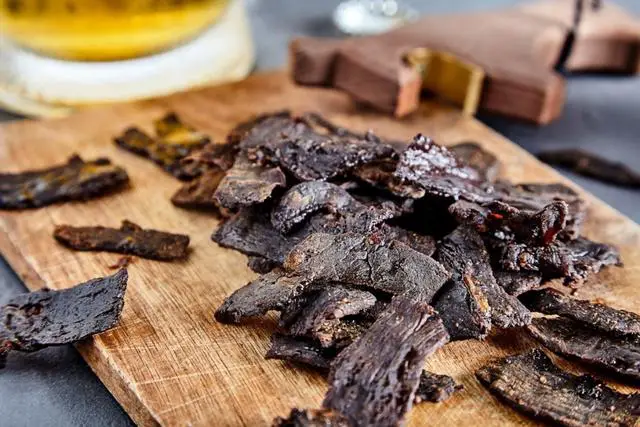
Based on the information gathered, it is clear that there is no set time frame for dehydrating beef jerky. The drying time depends on various factors such as the type of protein used, the thickness of the meat slices, and the efficiency of the dehydrator.
In general, a typical dehydration time for lean beef cut to 1/4″ thick, using pre-heat treatment, and dehydrating at around 144F is approximately 3 hours. However, this can vary depending on individual preferences and equipment.
Thicker slices of beef jerky take much longer to dehydrate compared to thinner slices. Thicker pieces also affect palatability and can make it more challenging to chew, store, and package the jerky. Therefore, it is recommended to slice beef jerky to a thickness of between 1/8 – 1/4″ for optimal results.
In conclusion, dehydrating beef jerky at a temperature of 145°F requires an average time of 4 to 6 hours. However, it is crucial to monitor the process closely and use a food thermometer to ensure proper drying and safe consumption. Enjoy your homemade, flavorful beef jerky with confidence!
Learn More About Grilling
If you want to learn more about grilling, check out these other helpful resources!

